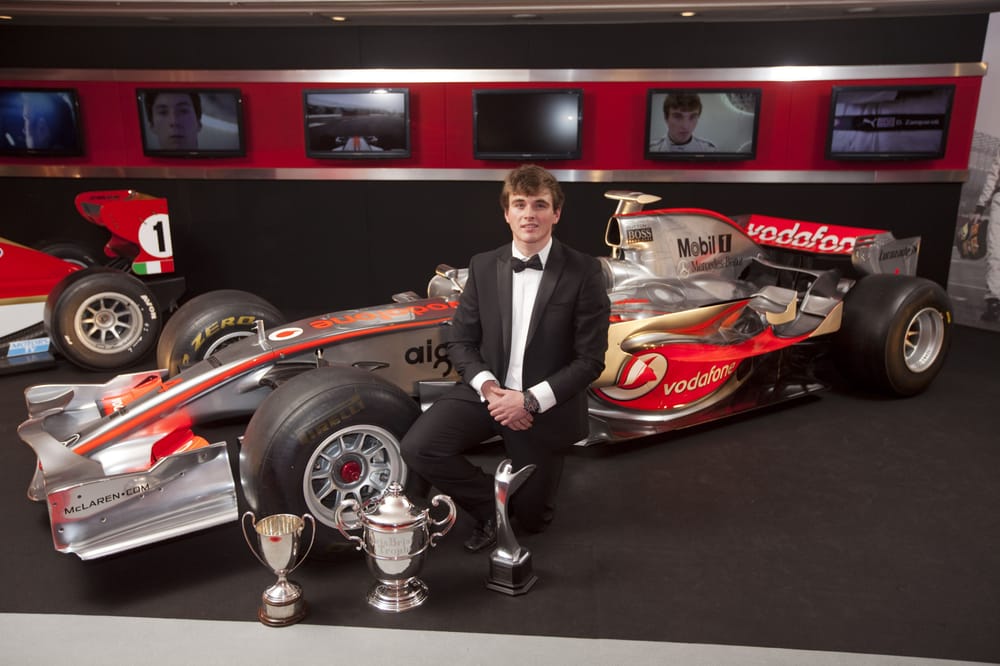There’s a bit of a tropey narrative that has latched on to Oliver Rowland over the years as he has made his way from a bit of a rough diamond to modern-day cult hero to heralded world champion.
The image goes that a wayward genius, who struggled with his weight and his direction, got serious and realised his potential. But there was always a feeling that he might have done that in Formula 1 too, because he was blessed with talent as pure as his junior contemporaries Charles Leclerc, Pierre Gasly and Carlos Sainz.
While all of that is plausible to some extent, there is way more nuance and background to determine and consider when it comes to the career of Oliver Eric Rowland.
The early mentors
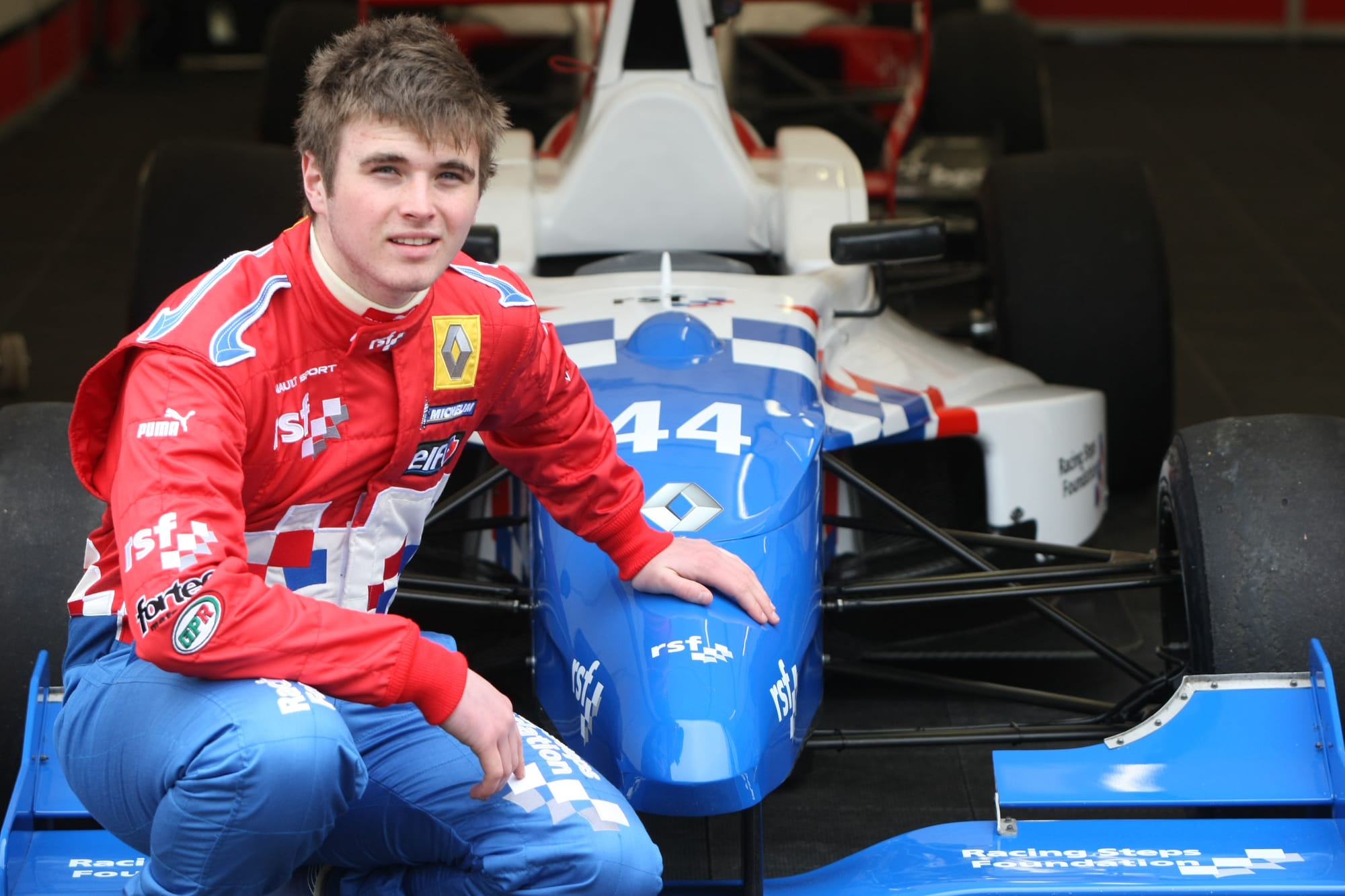
When talking about mentors for Rowland in his early life, without doubt his key supporter and learning figure was his father, Dave.
But his grandfather was also an inspiration. ‘Grandad Ted’ Rowland had competed in rallying in the 1960s and had in fact even entered the Monte Carlo Rally, so the racing seed had grown naturally.
“My uncle used to do karting as well and my dad did a bit of bike racing, bit of karting, so it was in the family for sure” Rowland told The Race in 2023.
“They’ve all been in and around motorsport but that's pretty much where it came from. There were definitely more bikes in the beginning, though.”
Soon it became karts because, even though his Mum rode one herself, bikes were deemed too dangerous for an infant Oliver. So in the 2000s Rowland was tearing up the UK and continental tracks - and winning big time, becoming a double Super 1 National Cadet champion.
Then as he transitioned into single-seaters his father Dave passed away suddenly in 2010, and Oliver's world was turned upside down.
Trying to rationalise that tragedy and being committed to a professional motorsport career was not easy. It was something, actually that linked him personally to his eventual Formula 2 rival Leclerc, who also had to cope with the premature loss of his dad while battling Rowland for that year's title. There is no manual to handle such experiences and Rowland struggled.
These times definitely contributed to some wayward experiences in the junior formulas. Professional doubts started to creep into his reputation. Another mentor was lost too, when karting guru Martin Hines died in 2011.
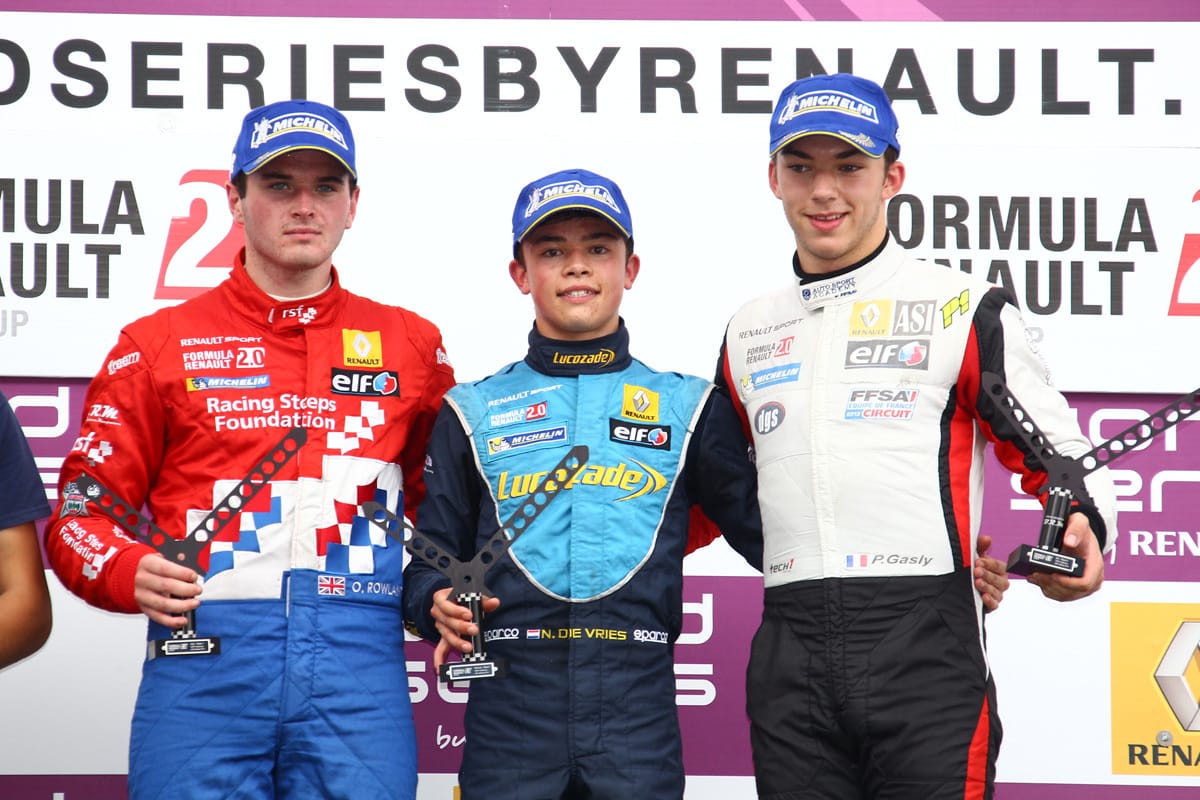
That was when Rowland needed a veteran of the industry, someone who had experienced all it could throw and someone, who against significant odds had made it. Derek Warwick was a perfect candidate to pass on experience, wisdom and on occasions some constructive tough love.
The former Renault, Toleman and Arrows F1 driver, and himself a world champion in sportscars, Warwick’s introduction to Rowland was memorable.
“I was standing at Stowe on his first lap in the [MSV] F2 car in the wet [for the 2011 McLaren Autosport young driver award evaluation], and I remember turning around to Jason Plato and saying, ‘who's that?’" Warwick told The Race.
“He was phenomenal, I mean really unbelievable, right from the word go. And he made an instant impression on me. He was clearly immensely talented, a little bit disorganised and he was carrying a bit of weight at the time, but I liked him straight away.”
Rowland though, was facing pressure from the Racing Steps foundation, which had backed him since 2009 and enabled him to make his way up the formula ladder.
“After the second year of racing steps, they basically wanted to kick him out of the programme,” recalled Warwick.
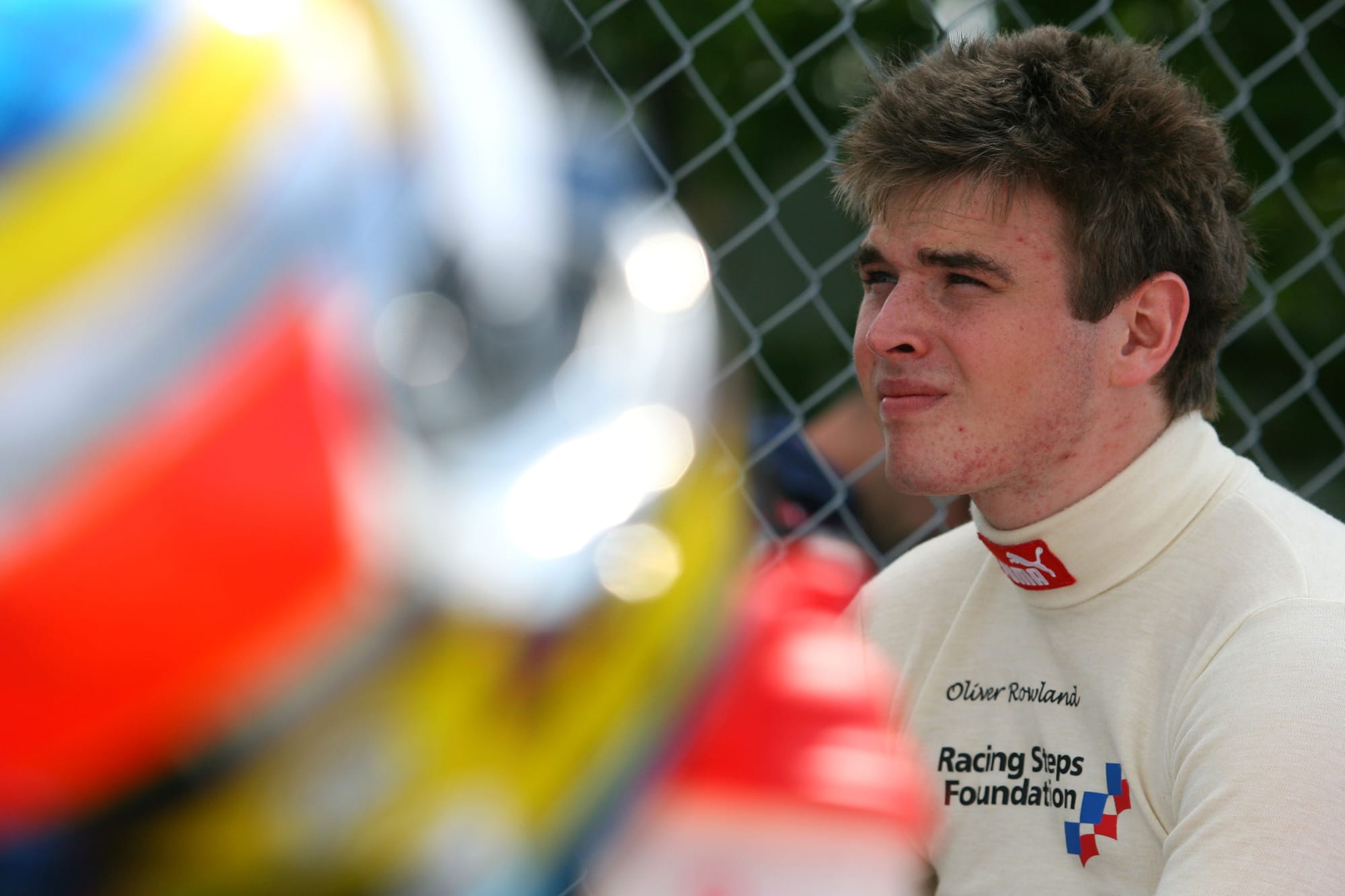
“I did a deal with them that they would continue the next year, if I stayed in and mentored him.
“He came over here to Jersey and we spent quite a bit of time together, talking things through, playing squash, doing fitness stuff, so that I could show him what was needed in order to be a professional race driver.
“We just needed to keep him focused and try to keep his mind on what you need to be doing as a professional race driver. What I tried to make him think about was: when you move up the ladder, you meet a lot of very talented guys, so you're always looking for that edge, that extra bit, and that extra bit can be mental toughness, physical strength.
“Obviously the speed is there for all of them, but all those things put together give you that little bit of an edge. So, I stayed with him for three or four years because among other things I just liked the guy.”
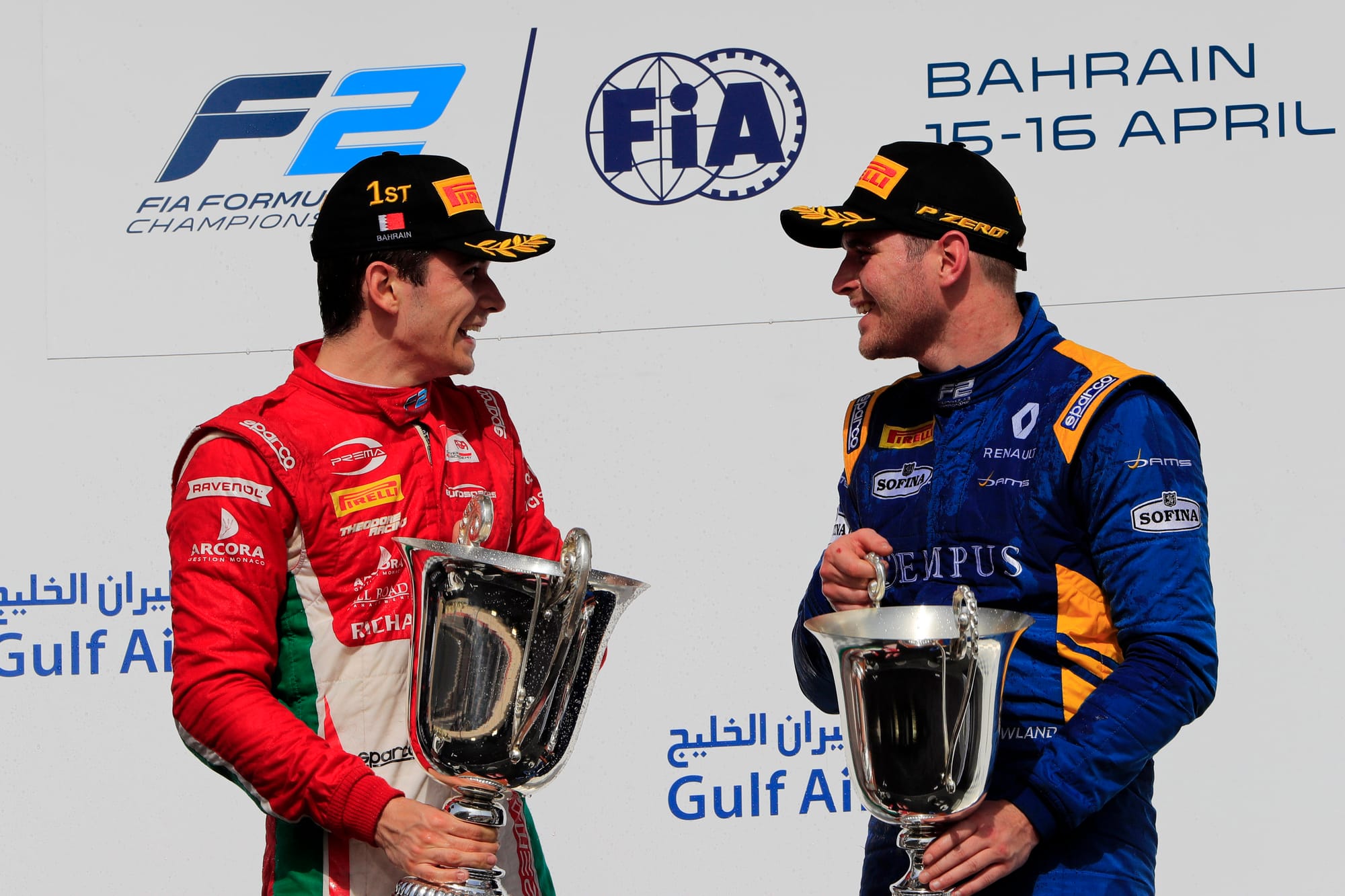
It appeared to contribute positively to Rowland, who went on to take the 2015 Formula Renault 3.5 title and was Leclerc's closest title rival in F2 in 2017, with only a technical infringement out of his control robbing him of victory in Abu Dhabi and second in the points to Artem Markelov.
“I love the amazing natural gift he has as a racing driver,” summarised Warwick.
“But in the early days, he was a bit lazy and disorganised, and that's really what we tried to help him with, which I think we did.”
Was Rowland good enough for F1?
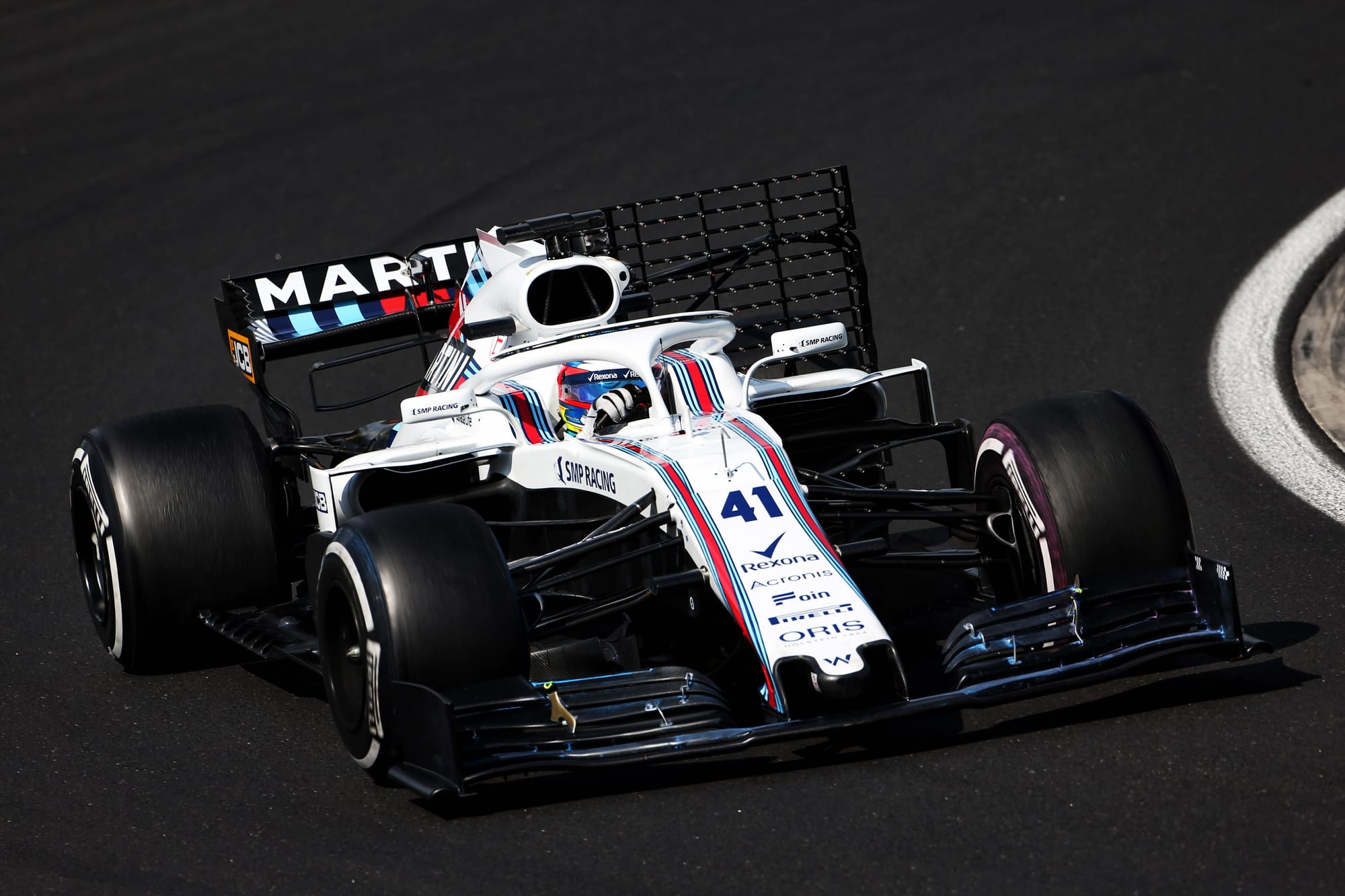
“He won the Formula Renault 3.5 championship with us and I actually believed he would go to F1,” reckoned Rowland’s former Fortec Motorsports team boss Richard Dutton.
Few who worked with him disputed that he had the pace and talent, but the question marks about his commitment and the old wild stories still rather unfairly lingered.
Rowland only tested an F1 car a handful of times and it was his Hungaroring test in the summer of 2018 with Williams that partly showed he was ready for a seat.
"Oliver did a great job, he got on with it, was very professional and diligent and went through all the data gathering runs,” said Williams's head of engineering at the time, Rob Smedley.
"He certainly impressed us all with his work ethic. Once we did get onto new tyres at the end of the aero testing, he did a really good job and showed good pace immediately.”
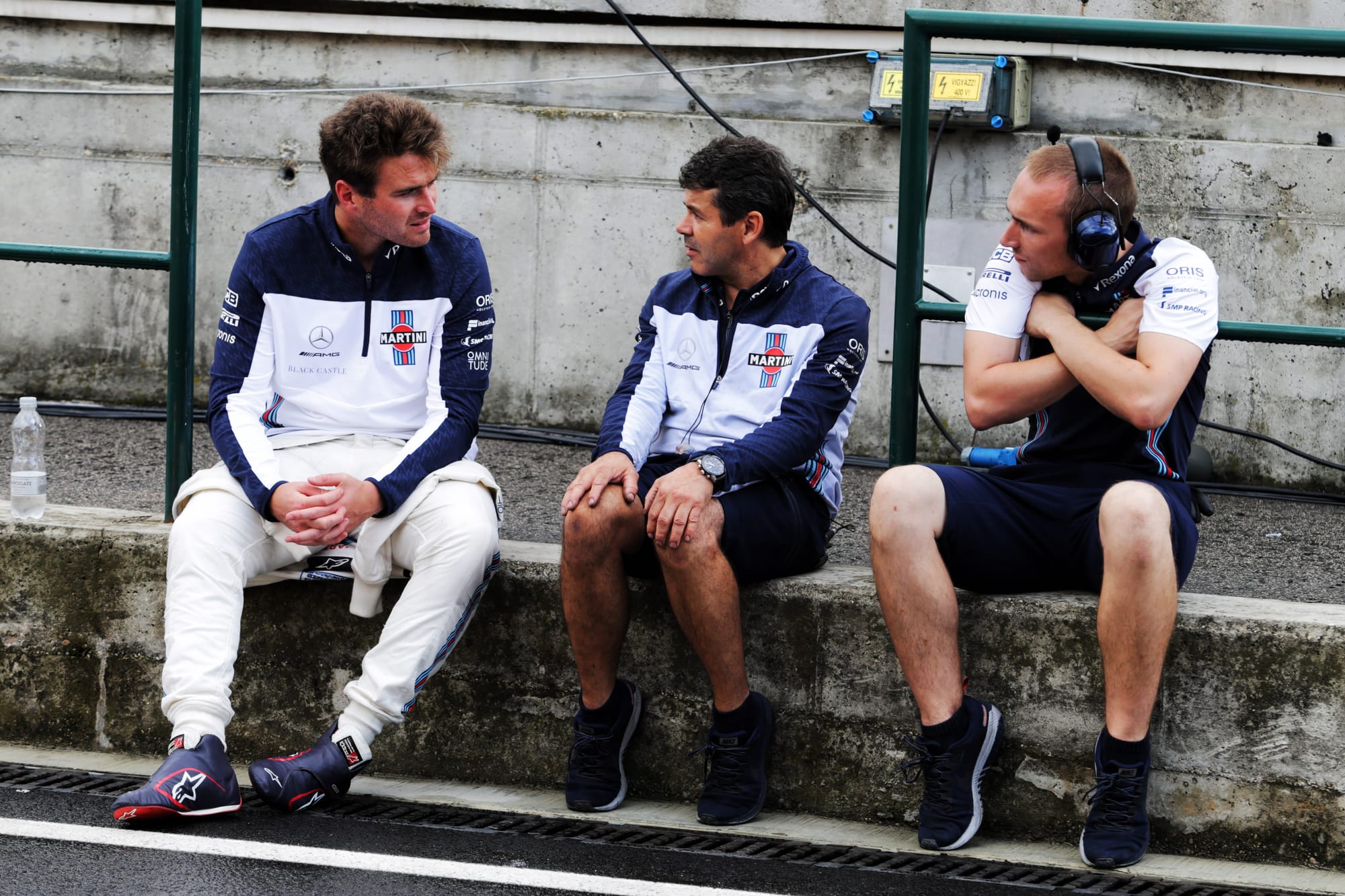
It should have shown more but a rain shower drenched the track and curtailed what would have been a proper push session.
That was the brief period of Rowland getting close to an F1 seat.
But a year later, he was scrabbling around for GT drives, before a surprise swoop by Red Bull to place Nissan-signed Alex Albon in its Toro Rosso F1 B-team, led to Rowland boarding a plane to Valencia for the 2018-19 Formula E pre-season test at the behest of his former DAMS F2 team boss Jean-Paul Driot - setting in motion his Formula E career.
So was Rowland good enough for F1? His former Nissan team-mate Sebastien Buemi, who did three seasons in F1 between 2009-11, is a decent gauge for an opinion.
“He was 1000% good enough,” Buemi told The Race. “But it was just one of those things.”
The high stakes pivot
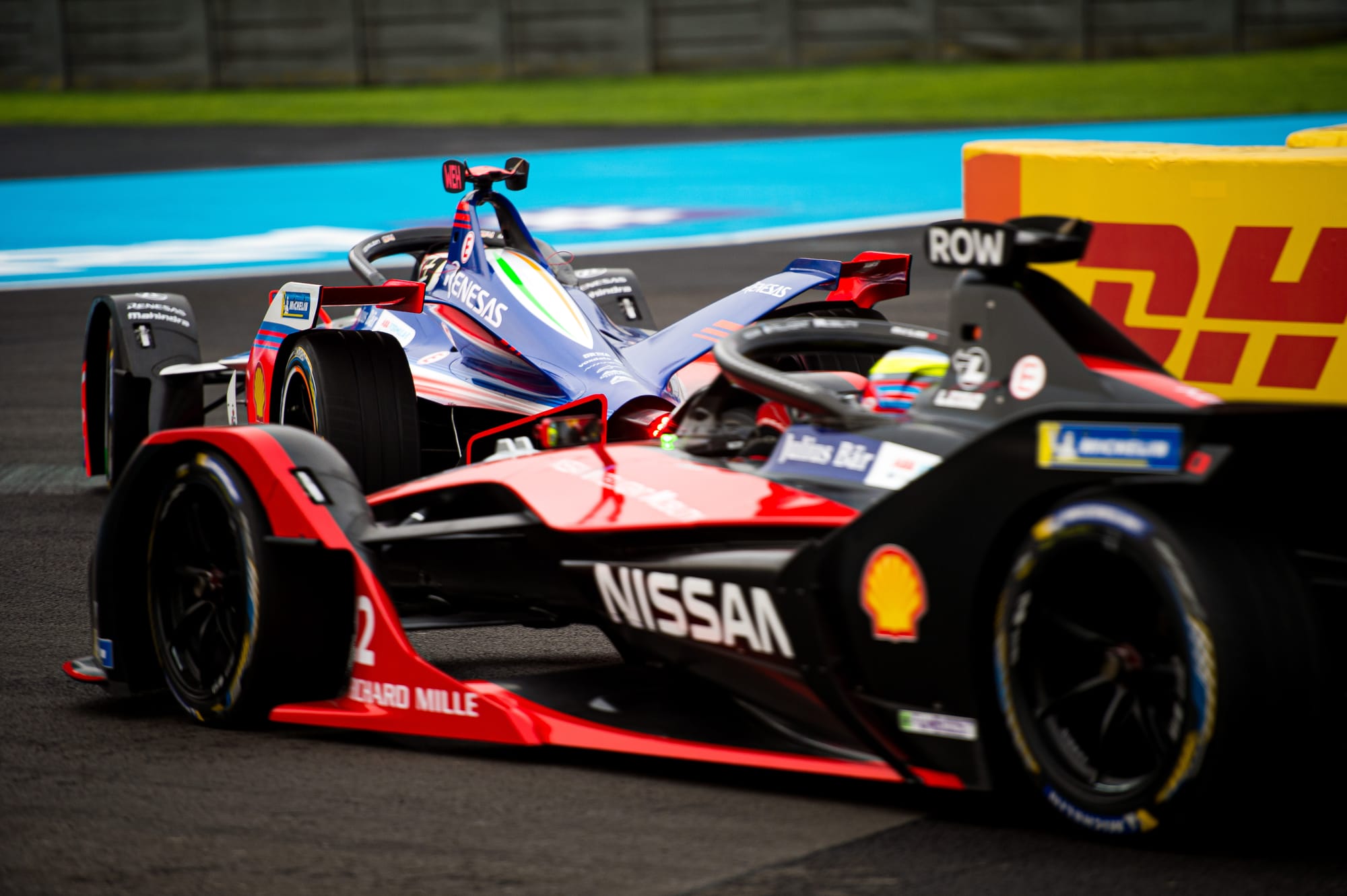
Only two years ago, Rowland’s fitful career trajectory again convulsed at Mahindra.
Sold a Gen3 dream that simply didn’t materialise, he and his manager Steve Hewett held a summit in May of 2023 after a bruising Monaco E-Prix and some forthright words with new team boss Frederic Bertrand.
They agreed to disagree and Rowland, by mutual consent, was released for the rest of the season. It was a completely pivotal decision, one that opened up his path to becoming world champion.
But actually, the backstory to all this goes back much further to the autumn of 2018, in fact.
That was when Rowland was parachuted in at the last minute to replace F1-bound Albon at Nissan e.dams, which had just metamorphosed from the multiple title-winning Renault e.dams entity.
Rowland got Formula E quickly and swept to four pole positions in his first season and then a first win the season after at Berlin, the scene of his eventual title judgement day success.
But at this stage the cheap deal that the now departed Driot had got on Rowland was starting to pinch a bit. When he was only offered a one-year deal for the 2022 campaign, he took up a much more lucrative deal at Mahindra via its then-chief Dilbagh Gill.
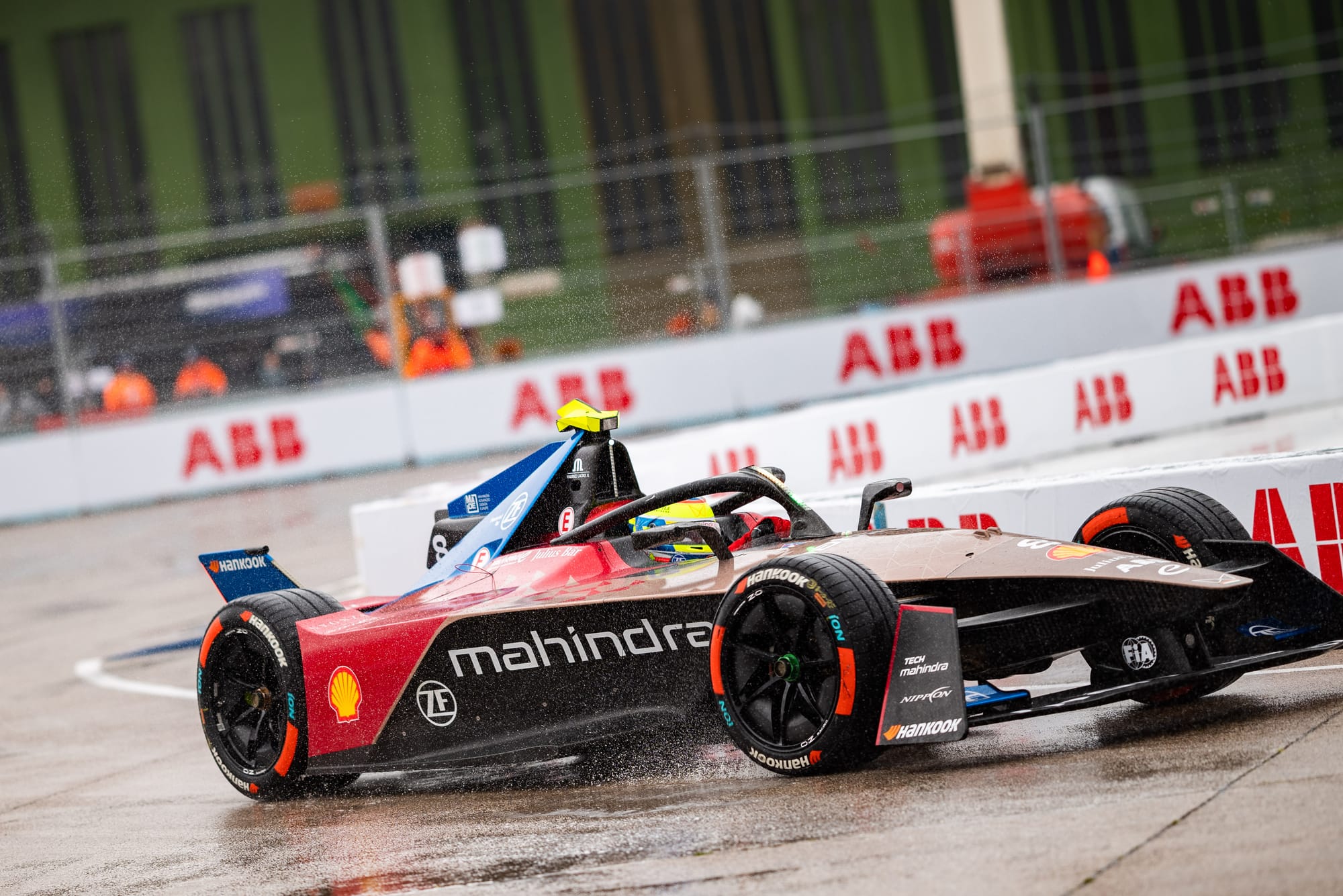
That takes us back to May 2023 when Rowland, not seeing the sense in flogging what was then a dead horse of a Mahindra Gen3 car, elected to preserve his reputation and sat out the second half of the season.
It was a bit of a cat and mouse game though as Rowland’s manager Hewett had to negotiate a deal whereby Rowland would be paid his retainer but also be allowed to talk with other teams and secure himself for the future. This was achieved, but only after some tense weeks - spent partly waiting to see if existing Nissan driver Norman Nato would hang onto the seat that became Rowland's game-changer.
“What a lot of people don’t really know is that when I left Mahindra, or when the contract ended, I didn’t have a deal on the table, I had to wait two or three weeks," Rowland said.
“Although we’d had discussions [with Nissan], it wasn’t a done deal. I think all it would have taken is maybe a win from Norman at that stage of the season and maybe things might have changed.
“I remember watching the Jakarta E-Prix intently and he did a really good free practice and I was thinking ‘oh no, I hope things don’t change significantly here'."
So, the Nissan discussions were still ongoing and for several weeks, Rowland was essentially adrift as an actual deal wasn’t signed. In fact, The Race has discovered that he was also looking through a contract with Maserati MSG at that time and was contemplating racing with it for the 2024 campaign and beyond.
But Rowland, with a young family and needing a project he could believe in and succeed with, targeted Nissan as much as it targeted him. It was ultimately a match made in heaven.
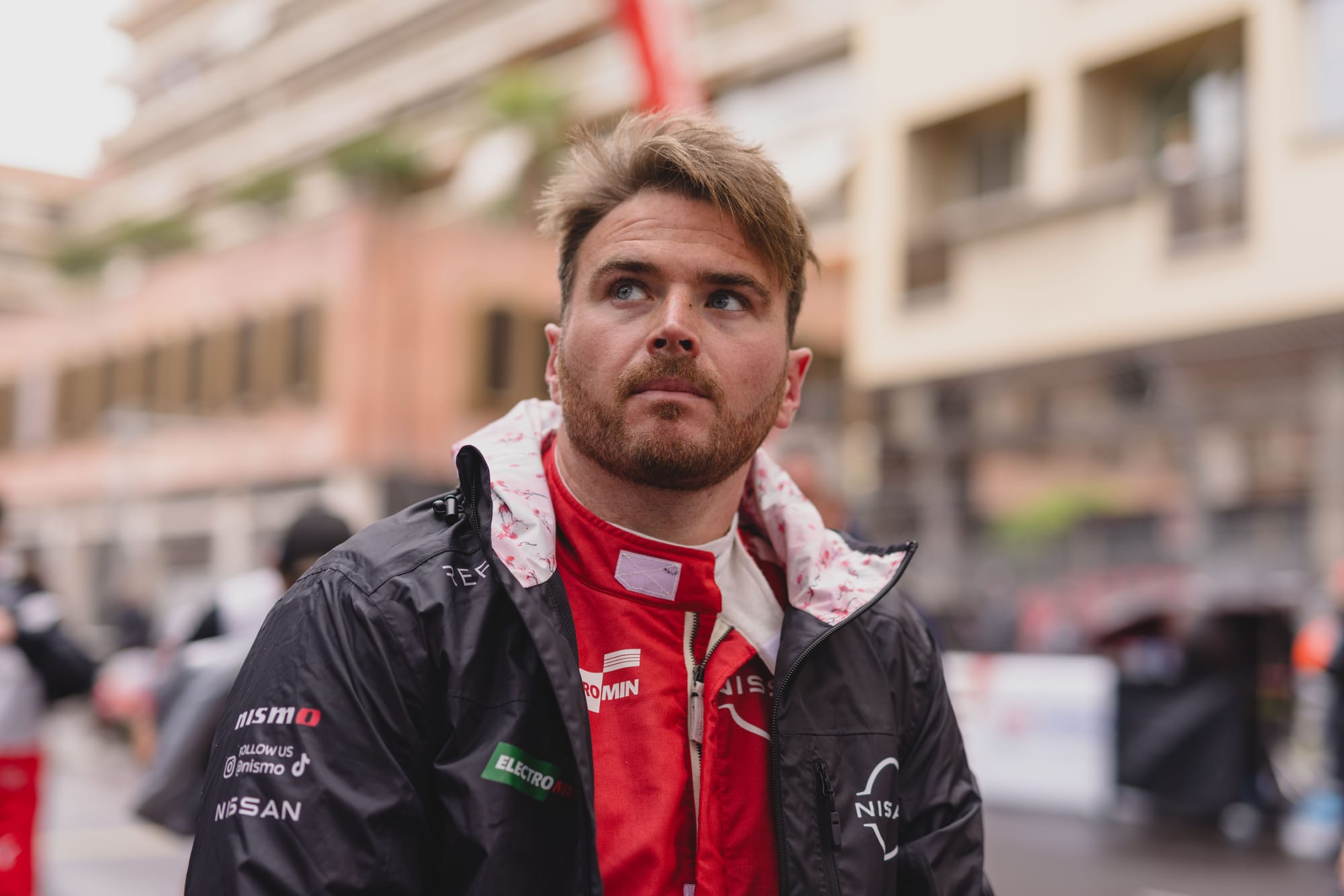
“Having stepped back from a championship for half a season, I think that kind of reignited Oliver’s energy and enthusiasm to go on and win again,” opines Hewett, who also looked after Nelson Piquet Jr when he took the inaugural Formula E title in 2015.
“Although he wasn't racing directly, he was very, very motivated to come in and hit the ground running, and assist Nissan as much as she could from the knowledge he had already in the simulator, etc.
“Oliver had kind of instinctively identified that Nissan were going to be competitive, so he has a kind of sixth sense there too.”
It is one that has paid major dividends for this year, and likely many more to come.
Additional imagery from Jakob Ebrey Photography


